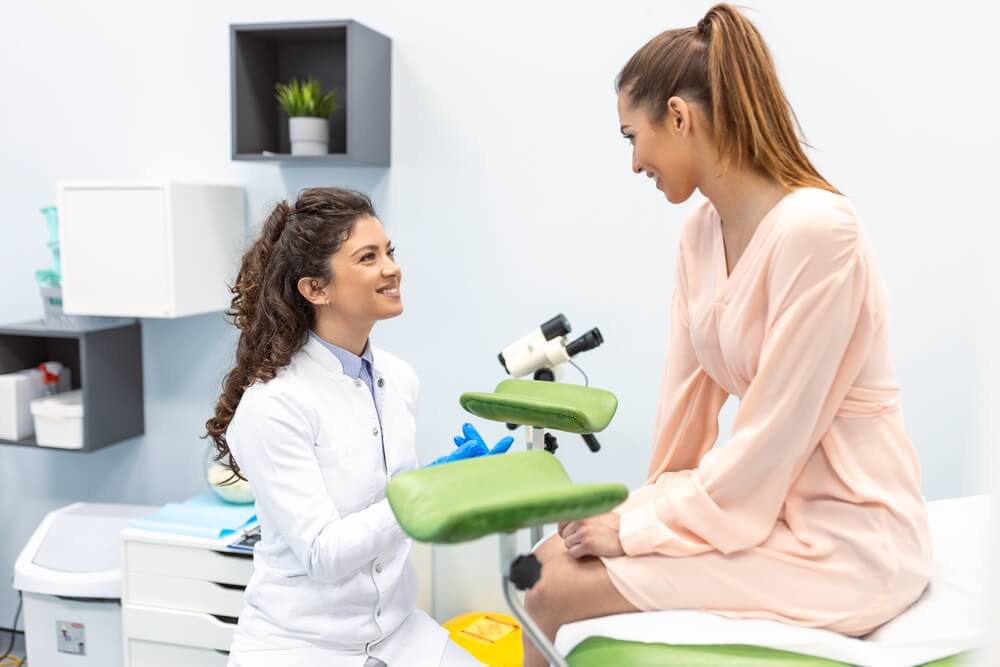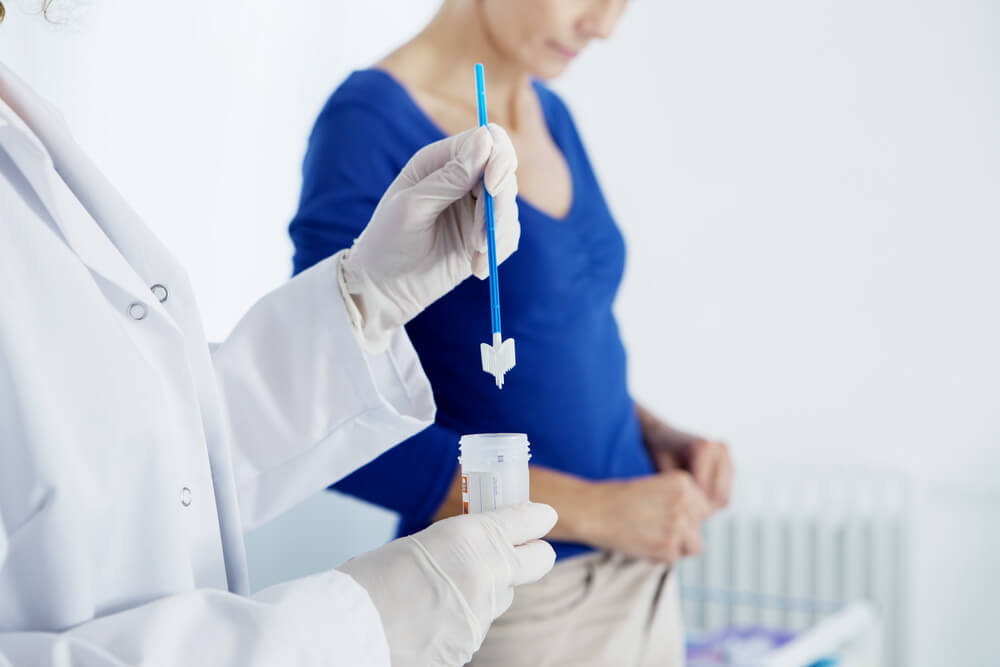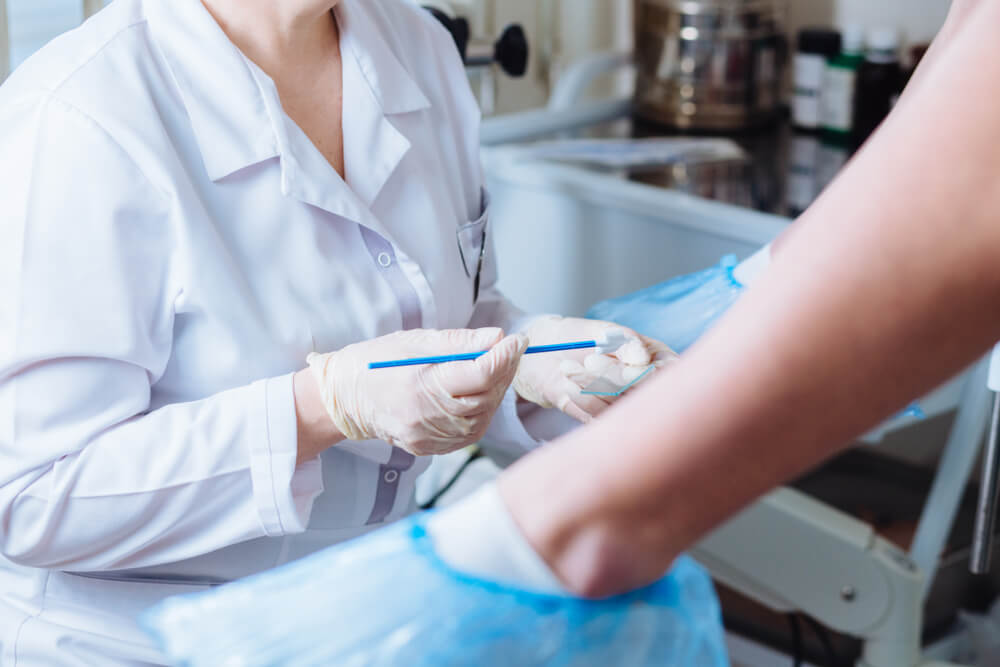A screening process that is used mostly to detect cervical cancer is called a Pap smear or a Pap test. The collected cells from the cervix are sent for analysis to check the overall status of the person’s reproductive health and to detect any potential issues and abnormalities. Having regular gynecological checkups is crucial for your health, so if you are looking for a gynecologist in Bradenton, Florida, you should definitely visit Women’s Care of Bradenton, where you will find excellent experts and a highly welcoming atmosphere.
For the past few decades, experts in the field of gynecology had only one answer when it came to the question of how often you should get a Pap smear, and the answer was: minimally once per year, and for women of older age once every six months. This was a non-negotiable rule which was advised to everyone. That is why, even today, people refer to the Pap smear test as an annual Pap smear, which women sometimes schedule months in advance to get a secure slot at their chosen doctor’s office.
Recently, the timeline of getting a Pap smear has been changing, and more and more experts and health institutions advise doing this test once every three to five years. In today’s article, the topic of Pap smear frequency will be discussed, so continue reading to get more information.
What Is a Pap Smear?

Pap smear testing is said to be one of those essential gynecological examinations women are advised to undergo from their teen years onwards because it can literally save their life. The testing procedure itself is quite simple, and it is performed at your chosen doctor’s office.
Before scheduling an appointment, ensure you are not on your period so that the test results are as accurate as possible. There are no special preparatory steps for having a Pap smear; you just come to your appointment, take off your clothes from the waist down and put on a gown. The doctor will ask you about your medical history and most probably refer to the results of the last Pap test.
Afterward, you lie down on the examination table and put your feet in stirrups so that your vaginal cavity can open sufficiently. The doctor takes a speculum, opens the vaginal canal as much as needed, and takes a sample of the cervical cells. The whole sample harvesting process lasts for up to five minutes, although it might feel painful and uncomfortable for some patients.
The results are most often given after seven to ten days, where your chosen doctor elaborates in detail on any issues and gives directions about the treatment plan. Pap test is not only used for the detection of cervical cancer, but it can also serve as a signal for:
- Inflammations
- Minor cell changes
- Precancer cells
- HPV
- Vaginal infections
Also, the results of the pap smear can be classified as either normal or abnormal, depending on whether the test discovered the presence of abnormal cells. When the results are abnormal, that does not automatically mean that you have cancer. It just signals that you might need additional testing and examination so that the doctor can have a closer look at the condition in question and make the most accurate diagnosis.
The results can also be inconclusive, meaning that the taken sample was not good and that you need to repeat the testing.
How Often Should You Get a Pap Smear?
Pap smear frequency is a very heavily discussed topic amongst experts in this field, and there are various perspectives on how often should a person get a Pap smear.
Since 2012, experts have been updating the information pool on annual Pap smears and have been adding data to the guidelines on tests like these. The most common stance is that the frequency of getting a Pap test depends primarily on the patient’s age. Other factors are also significant, so below, you can find a more detailed explanation for this.
So, for women under 21, Pap smears are not required, but if you decide to get tested, that is completely up to you and your chosen doctor. After the person turns 21, they should begin undergoing a Pap smear every three years.
From 21 to 29 years of age, getting a Pap test every three years is recommended, but again if you decide to do it more frequently, you should talk to your doctor and make that decision based on their input.
After turning 30, there are a few options given to women:
- Pap testing every three years
- HPV testing every five years
- Co-testing both Pap and HPV tests every five years
From 65 years of age, Pap tests are no longer necessary, under the condition that the results of the patient’s last few Pap tests were normal.
The main reasoning behind advocating for a three-year period between two Pap tests is that researchers claim there is no difference or some sort of advantage from annual Pap tests because early cancer cells developing on the cervix need a few years to become visible, so there is no use in being tested that often.
In general, getting a Pap test is pretty stressful and uncomfortable for most women, so avoiding feeling the discomfort and stress is an upside to having longer periods between two Pap smears. This said, the most crucial guideline you can get in this regard is your own personal feeling and the recommendation from your chosen doctor. If you feel you want to get tested more often, speak to your medical provider and make a plan with them.
Frequent Pap Tests

Although it has been pointed out multiple times that it makes no sense to get tested yearly, certain groups of patients are advised to have a Pap test more often than once every three years. The guidelines given serve as a tool to reduce the frequency of testing, but certain patients need to do the tests more often than others.
If you are considered a patient at a high risk of developing cancer, you will definitely need to monitor your condition more often. Also:
- If you are HIV-positive
- If your immune system is weak, primarily caused by an organ transplant or chemotherapy
- If you are suffering from HPV (human papillomavirus)
- If you have abnormal Pap smear results
Contact Our Clinic!
If you are still wondering what is a Pap smear, how often to get tested, and what the process looks like, feel free to call our clinic. Our staff is educated and experienced to deal with different types of patients, especially women who are uncomfortable undergoing Pap smears or any other type of gynecological examination.
Call our clinic today and find out why we are recognized as one of the best in the field. We are happy to help you with whatever you might need, so feel free to contact us today!


